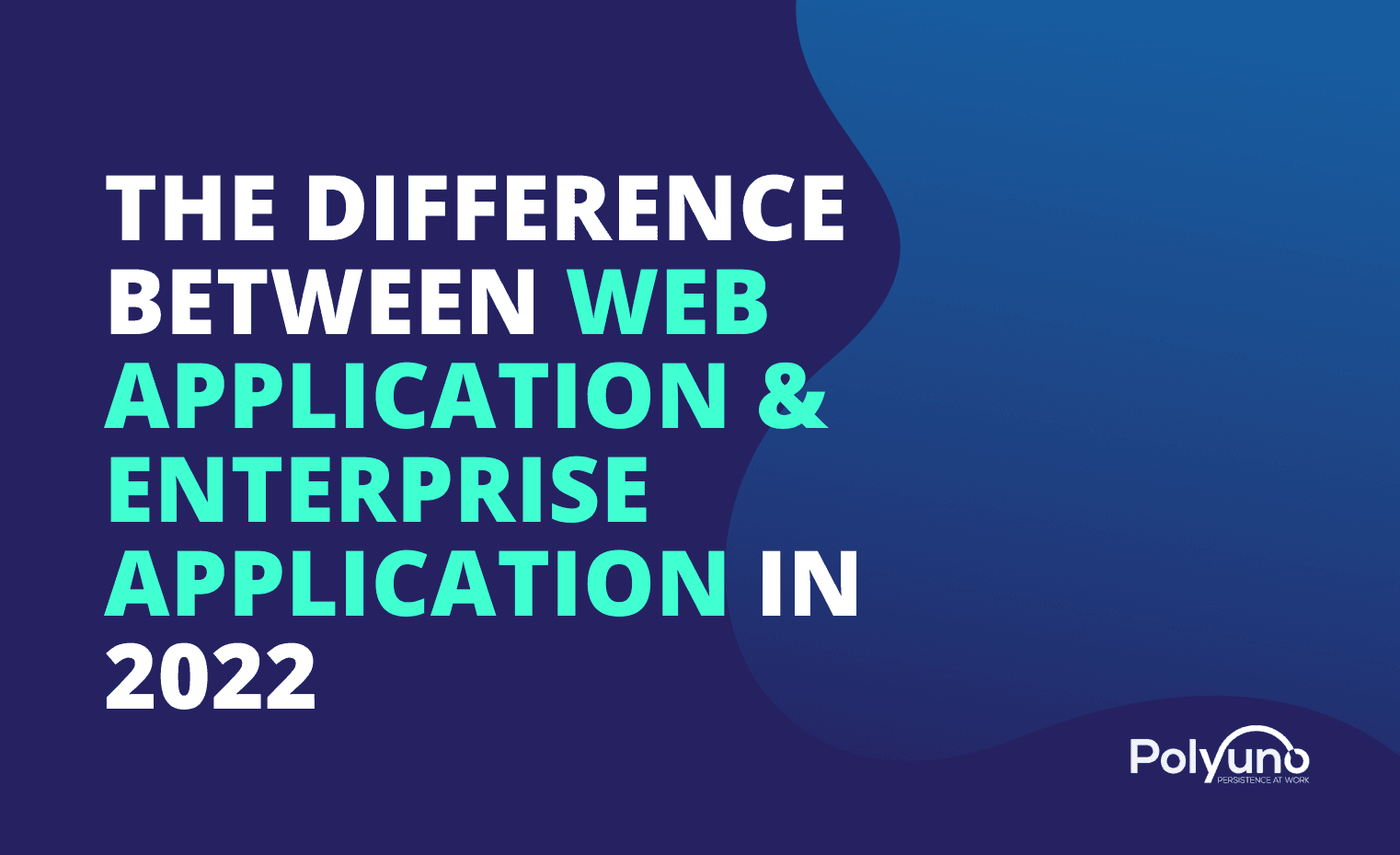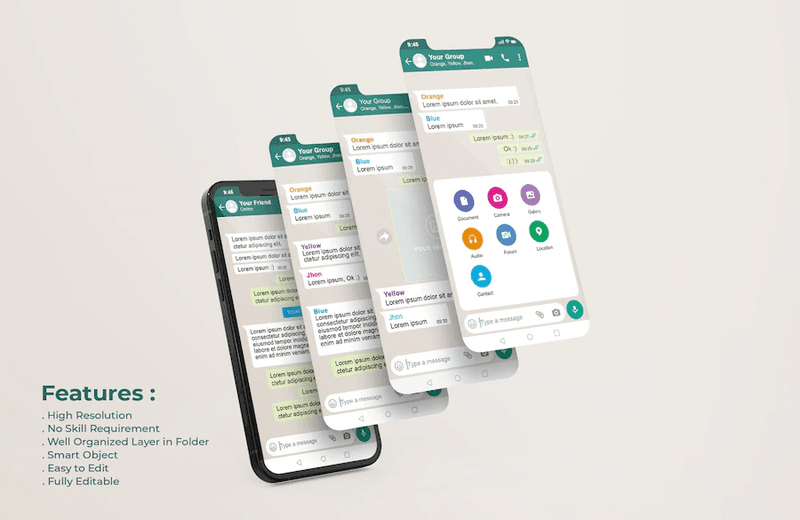
Web applications give users a sophisticated experience when performing various tasks. Users can access them via URLs because they are kept on servers. Simply launch Google Sheets in your browser to get a sense of a web application. By utilizing your web browser as an interface, you can conduct all of the necessary activities required to craft content and store them as effortlessly as you do with preinstalled native applications.

On the other hand, Enterprise apps are distinct software solutions built to address project-based company management issues. It includes different performance frameworks and endpoints that are relevant to the business.
Additionally, there are more nuanced differences between a web app and an enterprise app. You've come to the right place if you want to know about these distinctions. In this article, we will discuss the following -
So, if you’re interested, keep reading.
A web application is a piece of software or a program that can be accessed through a web browser. Web apps can be accessed and interacted with from any Internet-connected device. Users may connect with businesses more easily through web apps. Users communicate with businesses using forms online, content management (CRM) systems, checkout options (shopping carts), and other means.
Staff can also use web apps to generate papers and communicate information. Web apps make it more convenient to work on projects as a team. The web apps are stored on a distant server. As a result, it is unaffected by the user's location or device. Web apps like Google Docs allow several users to simultaneously connect to the same files.
The web app employs server-side and client-side scripting and is built on a client-server architecture. The storing and retrieval of information are handled by server-side scripts such as PHP and ASP. Similarly, client-side scripts such as JS and HTML provide information to users.
Web applications, unlike native apps, are built on a client-server design with dispersed application layers. A web application's functional network includes a web server, server application, and database or data system.
A web application's whole working cycle starts with a client prompt through a web browser or an interface. In addition, the webserver sends the prompt to the application server, which executes it. As a result, when you query the database application server, the response is processed and sent back to the webserver.
Hundreds of online applications can be found all over the internet. Word processors, online forms, and spreadsheets are all types of web apps. Shopping carts, webmail, photographs, and video editing are all included in the online app. In addition, email clients like Gmail and Yahoo are web applications.
Furthermore, we would have been working on a few web application services in our daily lives. Let us view some specific applications that professionals commonly use.

Client-side (browser) and server-side (server) coding are proportionately mixed in web applications (webserver).
Enterprise applications, often known as enterprise software, are mainly built programs created for large organizations, enterprises, or governments. An enterprise application is a significant piece of software that is more complicated than a typical desktop program. Since they fulfill specialized responsibilities for a single business or government, these types of software are scalable or project-based. Zoho Projects is an example of an enterprise application.
An enterprise application may also be made up of several apps that work together to provide unrivaled functionality. Enterprise architecture or framework is commonly used in developing enterprise application software. Any computer-based data system relies heavily on enterprise programs.
Enterprise application technologies evolve over time, bringing more simple business administration solutions with them. Enterprise application service providers deliver a wide range of the latest enterprise software applications in various formats, including Software as a Service (SaaS), Progressive Web Apps, and Business Web Application Services. Furthermore, many types of enterprise software can be accessed through various interconnected platforms and devices designed solely for internal use and remote access.
As cloud technologies are all the rage right now, many businesses migrate their whole systems to the cloud. Nonetheless, many companies combine their in-house app development team with industry-specific business software.
Enterprise solutions such as Salesforce and Hubspot are used to manage customer relationships. Slack, for example, is an example of instant messaging. Enterprise apps include project management software like Asana and Trello. Here are a few more examples of enterprise applications -
A web app is often one singular software program, but an enterprise application is a collection of programs and software. Therefore, they vary in terms of their primary function and goal. Web apps are accessible through the Internet via a web browser. Since they allow users to create, save, and forward content using web browsers, most web apps are all-purpose software.

Enterprise applications, on the other hand, are big-scale software used for business logic that helps significant enterprises enhance their efficiency and productivity. It caters to the demands of a full company rather than a single person.
Enterprise architecture is huge and sophisticated in comparison to online apps, encompassing numerous processes and operations. It integrates the IT resources of a company with its business objectives.
Users in a company require enterprise applications for a variety of reasons. Users have varying levels of access to enterprise apps. It also includes specific capabilities for distinct roles. As a result, it adds to the firm's digitization.
Due to breakthroughs and technology, the app development trend is constantly growing and improving. As a result, companies turn to digital platforms to enhance their connectivity and efficiency. It leads to an increase in revenue.
Web apps and enterprise applications will almost certainly cross paths at some point. Both of them aid in the coordination and management of daily operations in enterprises. It also assists businesses in sustaining client relationships. These programs are used for two different reasons. Both, however, help consumers complete jobs quickly and easily.
Web apps are considerably less packed than enterprise programs, which are saddled with many such duties. Both, however, necessitate a complicated network and server infrastructure to supply the service continually. Additionally, enterprise applications include more technological features to make difficult organizational tasks easier to manage.
We hope this article clarified any confusion you had in regards to the differences between web and enterprise apps. You can contact PolyUno if you have any software and mobile app development needs. We have a ready team of experts that can assist you with software development, UI/UX design, branding, content, SEO, and even server infrastructure.